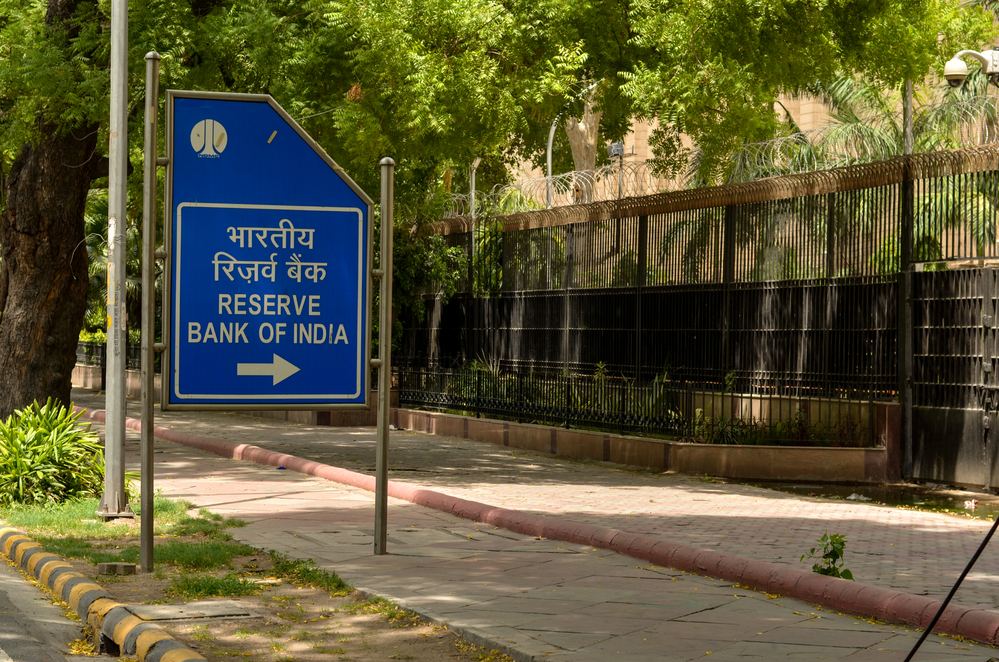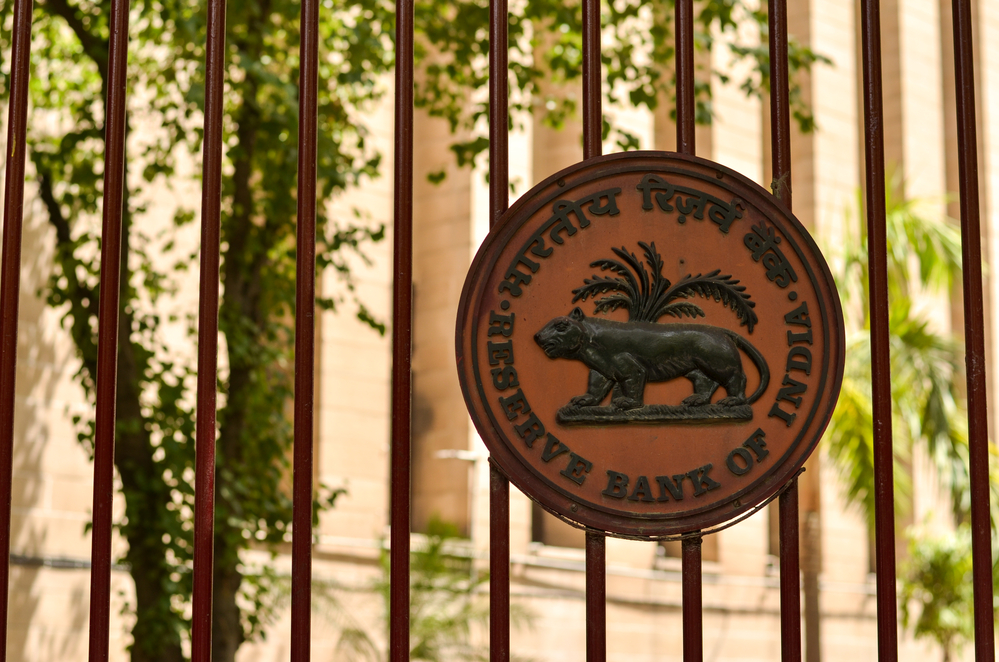RBI Announces G-Sec Acquisition Programme
The central bank will also conduct 14-day Variable Rate Reverse Repo (VRRR) auctions of longer maturity

Reserve Bank of India (RBI) on Wednesday said it is putting in place a secondary market government securities acquisition programme or G-SAP 1.0 for this financial year to enable an orderly evolution of the yield curve.
According to the central bank, the endeavour through the programme will be to ensure congenial financial conditions for the recovery to gain traction.
Under the programme, RBI "will commit upfront to a specific amount of open market purchases of government securities with a view to enabling a stable and orderly evolution of the yield curve amidst comfortable liquidity conditions," Governor Shaktikanta Das said while announcing the monetary policy.
For the first quarter of 2021-22, RBI will conduct a G-SAP of Rs 1 lakh crore and the first purchase of government securities for an aggregate amount of Rs 25,000 crore will be conducted on April 15, Das said.
"The positive externalities of G-SAP 1.0 operations need to be seen in the context of those segments of the financial markets that rely on the G-Sec (Government Securities) yield curve as a pricing benchmark," he noted.
He also said that the extension of Held-to-Maturity (HTM) dispensation opens up space for investments of more than Rs 4 lakh crore.
According to him, RBI will continue to deploy its regular operations under the Liquidity Adjustment Facility (LAF), longer-term repo/ reverse repo auctions, forex operations, and open market operations, including special Open Market Operations (OMOs) to ensure liquidity conditions evolve in consonance with the stance of monetary policy and financial conditions are supportive for all stakeholders.
The central bank also announced that it will conduct 14-day Variable Rate Reverse Repo (VRRR) auctions of longer maturity as indicated in the Revised Liquidity Management Framework announced on February 6, 2020.
The amount and tenor of these auctions will be decided based on the evolving liquidity and financial conditions, RBI said.
"This is a part of RBI's liquidity management operations and should not be read as liquidity tightening. In fact, by paying a higher rate of interest on liquidity absorptions through the VRRR auctions, RBI is indirectly expanding liquidity," Das emphasised.
Experts hailed the move. "The equity markets will cheer with the announcement on RBI’s Government Securities Acquisition Programme. This will ensure government borrowing at a low cost and be able to address pandemic-related adversities from both economic and healthcare aspects," says Rohit Poddar, Managing Director, Poddar Housing and Development Ltd.
" At a time when the rising second wave of Covid infections and subsequent lockdowns are derailing economic momentum, RBI interventions will help maintain adequate liquidity as well as prevent hardening of yields in the bond market. These measures will ensure economic stability as well as keep the real estate sector stay afloat during such precarious times," says Rajani Sinha, Chief Economist & National Director – Research, Knight Frank India.
While laying out the liquidity management strategy for 2021-22, Das said RBI's endeavour is to ensure orderly evolution of the yield curve, governed by fundamentals as distinct from any specific level thereof.
"Our objective is to eschew volatility in the G-Sec market in view of its central role in the pricing of other financial market instruments across the term structure and issuers, both in the public and private sectors," he said.
This is a necessary prerequisite for the nascent and hesitant recovery to firm up and become durable.
Das also urged market participants to pay heed to RBI's actions, communication, and signals in a balanced manner.
Besides, the central bank has extended on-tap Targeted Long Term Repo Operations (TLTRO) by six months till September 30. The scheme was announced in October last year and was available till March 31, 2021.
To ensure a continued flow of credit to the real economy, RBI has also extended fresh support of Rs 50,000 crore to All India Financial Institutions (AIFIs) for new lending in the current financial year.
Accordingly, Rs 25,000 crore will be provided to NABARD; Rs 10,000 crore to National Housing Bank (NHB), and Rs 15,000 crore to Small Industries Development Bank of India (SIDBI).
Further, the timeline for banks to on-lend through non-banking finance companies has been extended by six months to September 30.









